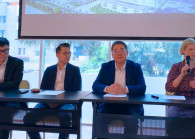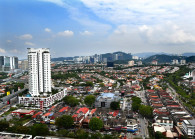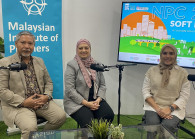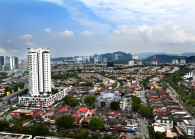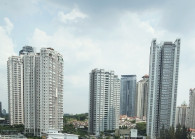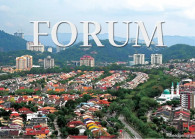MBAM worries building costs may rise due to new tax and subsidies cut in Budget 2025
The association is particularly concerned on how to improve supply chains and ensure the availability of key construction materials in 2025 as this is expected to help stabilise building costs and enhance project viability across the board.



